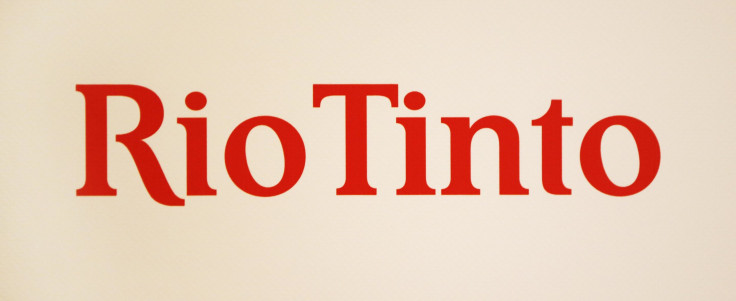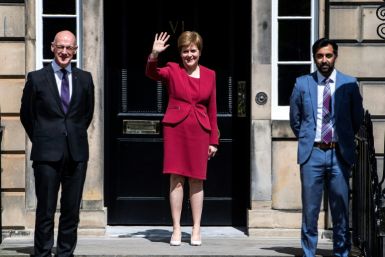Australia Discovers Singapore Tax Shelter Of BHP Billiton & Rio Tinto

The Australian Taxation Office is hot on the heels of mining giants BHP Billiton and Rio Tinto after reports came out the two companies managed to avoid disclosing proper tax responsibilities during the mining boom. Their billions of dollars in iron ore profits were allegedly shifted through marketing hubs in Singapore, where they pay little or almost no tax.
The Australian Financial Review, citing obtained documents, says the two mining giants report as much as $2.6 billion annually to the Singapore marketing hubs. The tax rates they pay were reportedly a measly 2.5 percent. The shift enabled them to save over $750 million annually in tax in Australia because instead of directly selling to Chinese and Japanese steel mills, they were selling iron ore to Singapore. This trend started in 2008.
Calling it as tax avoidance under the transfer pricing rules, the ATO is now running after BHP Billiton and Rio Tinto with multibillion-dollar claims against each company, the AFR report adds, citing “a source with direct knowledge of the disputes.”
Tax experts told AAP it is time to modernise and change the taxation laws. They believed the two mining giants were acting legally and rationally in maximising profits. "A company has the right to conduct business wherever it chooses," Professor Pietro Guj of the University of Western Australia told AFR.
However, BHP Billiton and Rio Tinto could have also stepped on legal and ethical boundaries. "There is a huge need for our double tax treaty arrangements and transfer pricing issues to be thoroughly reviewed,” Dr Adrian Raftery, a Deakin University lecturer and tax specialist, said. He noted Australia misses out on a lot of significant tax revenue because of the transfer pricing issues and double tax treaty arrangements. It is time they be “thoroughly reviewed.”
Australia’s double tax treaty arrangements with 90 countries were too lax, Raftery said. He added many of them require lower company taxes compared to Australia's 30 percent, “thus encouraging firms to develop long-term strategies to minimise their payments."
"Is it morally right to be taking all of these limited resources of a nation and not repaying them in terms of through the correct channels?" Raftery said. Both companies have been summoned to appear before the Senate tax avoidance inquiry on Friday.
To report problems or to leave feedback about this article, email: e.misa@ibtimes.com.au.






